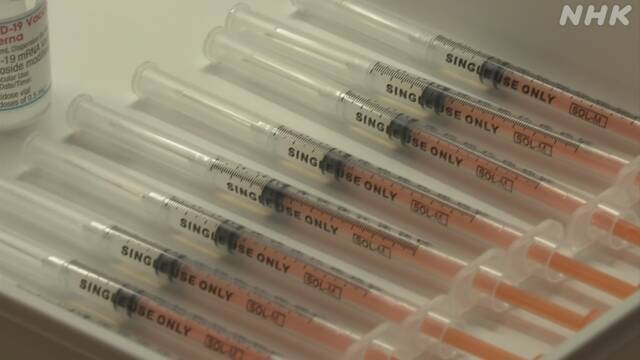The WTO = World Trade Organization Ministerial Conference has reached its final stage.
Although the 15th was the last day, it was announced that the session will be extended by one day and discussions will continue until the 16th.
Discussions are underway to put together a consensus policy on how to respond to the food shortage caused by Russia's invasion of Ukraine and incorporate it into the Ministerial Declaration.
The WTO Ministerial Meeting in Geneva, Switzerland, announced on the 15th that the last day was the last day, but earlier that the session will be extended by one day and discussions will continue until the 16th.
He explained that more time was needed to reach an agreement on the Ministerial Declaration.
Of these, discussions have progressed in the direction of each country complying with the rules under the WTO Agreement that it does not restrict unnecessary food exports in the field of food security, such as food shortages caused by Russia's military invasion. According to the people concerned, India and others have made different claims and adjustments are continuing.
Discussions are also ongoing to create rules that will enable countries around the world to procure medical products and devices, including vaccines for the new coronavirus.
On the other hand, discussions were held on the issue that the "advanced committee", which is the final trial of trade dispute resolution, has virtually stopped functioning.
At the last 2017 meeting, there was a large disagreement between developed and emerging countries, and no unanimous agreement was reached, closing without a ministerial declaration.
As the world economy is shaken by Russia's military invasion due to the global spread of the new corona, negotiations have reached a peak as to whether the WTO, which holds the idea of free trade, can come up with a unified policy.
Main agenda and history of negotiations so far
The main agenda items at this Ministerial Meeting are:
▽ Response to food shortages ▽ Response
to the new corona
▽ Fisheries subsidies
▽ Restoration of trade dispute resolution function.
This is the history of negotiations so far.
Responding to food shortages
Due to Russia's military invasion, transportation of agricultural products such as wheat from the large agricultural country Ukraine has been delayed, and Russia has also prioritized domestic supply and restricted exports, so global food prices have risen further. doing.
This time, discussions have progressed to some extent as each country complies with the rules of the WTO Agreement that it does not restrict unnecessary food exports.
However, talks are continuing, insisting that India and other countries include special measures.
Correspondence to new corona
It is to create rules that enable countries around the world to procure medical products and medical devices, including vaccines for the new coronavirus.
Vaccine patents held by pharmaceutical companies in developed countries are being opened to open to emerging countries, and the disagreements between countries have not been closed, and adjustments are being made toward an agreement.
Fishing subsidy
The debate is to create new rules to regulate the government's fishing subsidies that lead to overfishing of fish stocks.
Japan and the EU-European Union argue that fishery subsidies that lead to overfishing of fishery resources should be banned, but that subsidies for proper resource management do not have to be banned. increase.
On the other hand, developing countries and others are calling for preferential treatment for developing countries because of concerns that their ability to manage resources varies from country to country and that even the necessary subsidies may be prohibited. The voice is deep-rooted, and adjustments are continuing toward a unanimous agreement.
Restoration of trade dispute resolution function
The WTO has a dispute resolution subcommittee "Panel", which is the first trial, and a "Senior Committee", which is the final trial, as functions for resolving trade disputes. I'm stuck.
The former Trump administration in the United States has opposed the appointment of a new member of the "advanced committee" and is in a situation where the trade dispute cannot be resolved in the final court.
It is unlikely that the United States will overturn previous decisions and appoint new members, and the fundamental solution at this ministerial meeting will be difficult.

